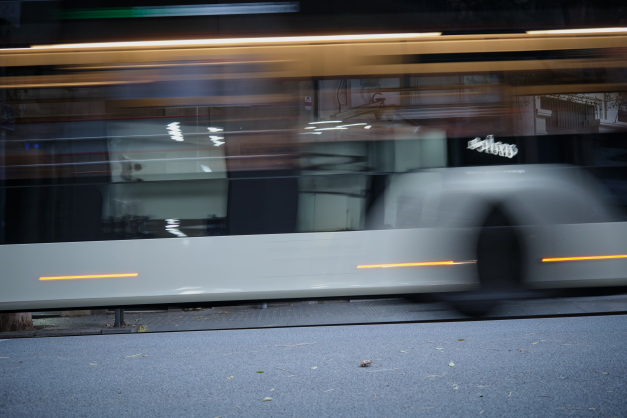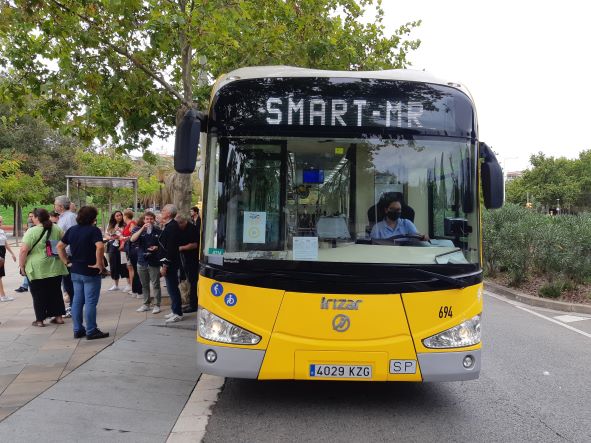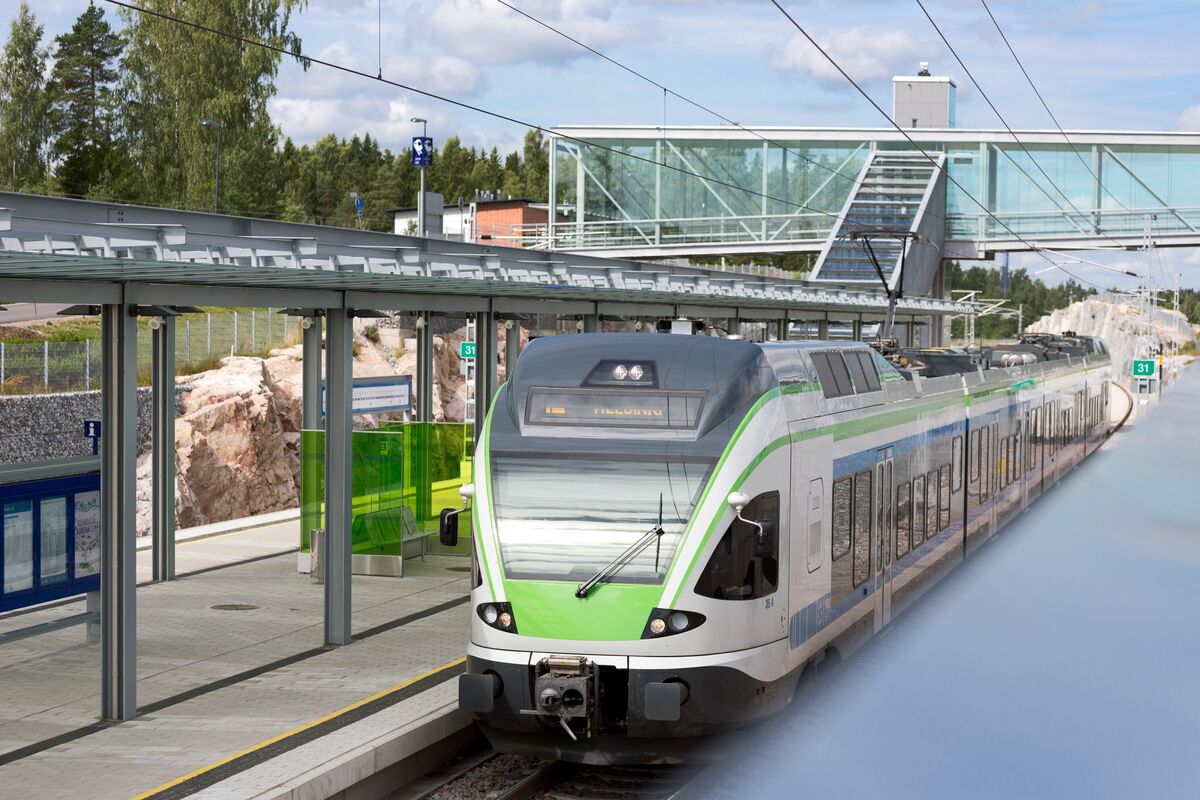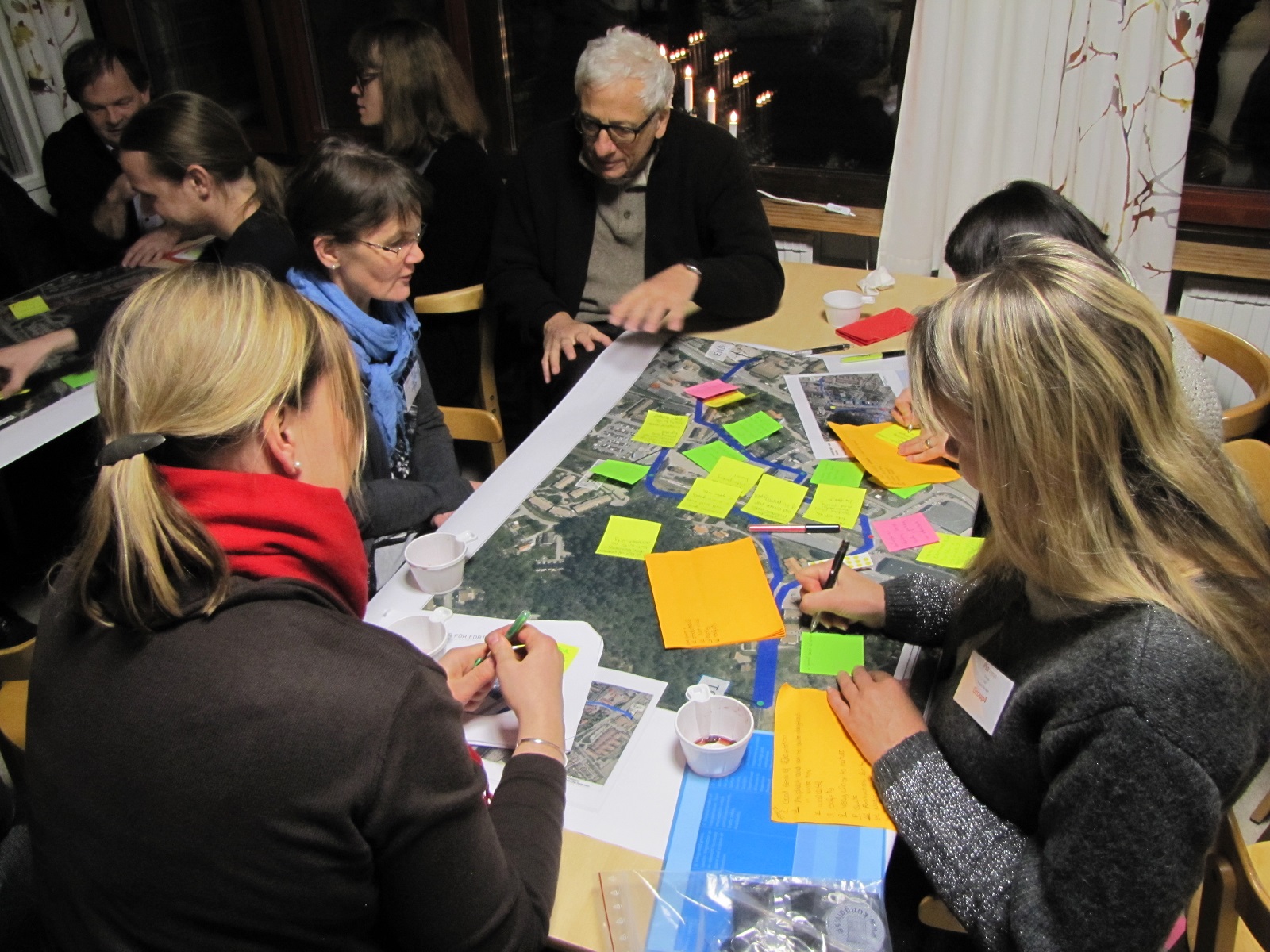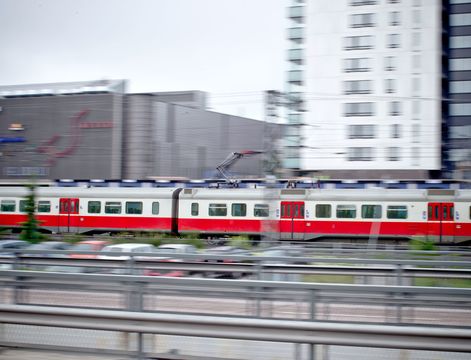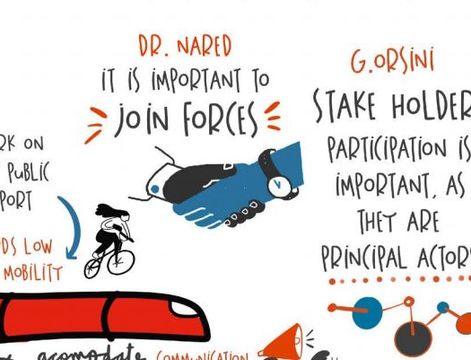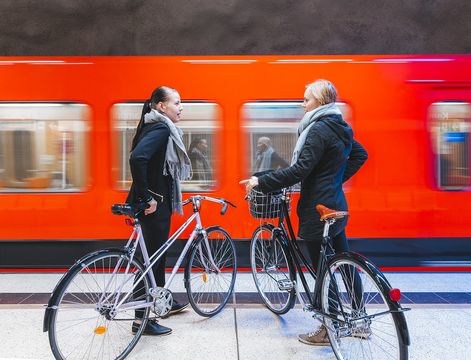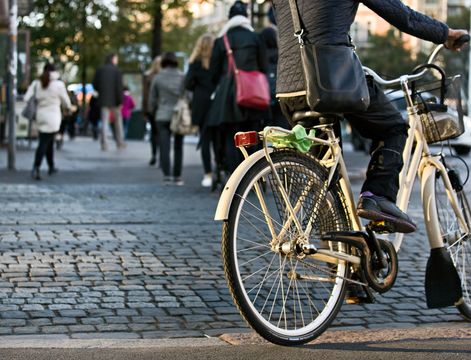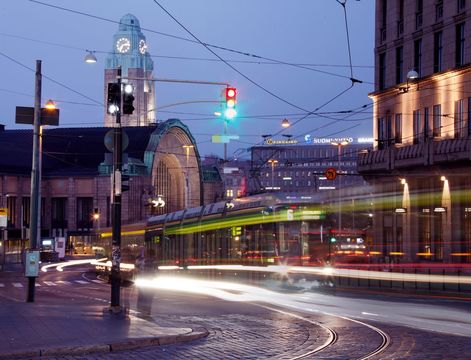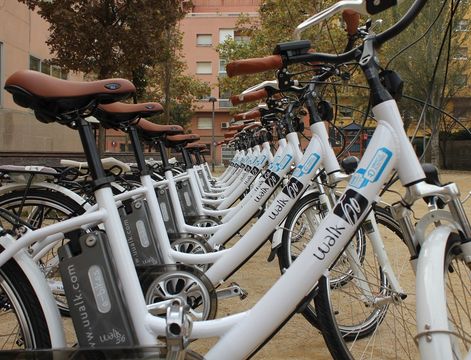The SMART-MR final web conference took place virtually on Thursday the 26th, and Friday the 27th, November 2020. During these two mornings, the main results of the project were presented and various experts from the field of mobility, transport and health shared their reflections on some of the key aspects in the transition to low-carbon metropolitan mobility. A total of 220 people signed up to take part in the conference with 169 people watching on the first day of the conference and roughly 120 on the second day.
The aim of the project, which has been ongoing for the last 5 years, is to promote sustainable measures for resilient transport and mobility in European metropolitan areas, with a focus on transitioning to a low-carbon urban future. The project involved 10 partners and 8 metropolitan areas: Oslo-Viken (Norway), Helsinki (Finland), Gothenburg (Sweden), Budapest (Hungary), Rome (Italy), Porto (Portugal), the AMB (Spain) and Ljubljana (Slovenia), which is the leading region of the project.
The conference was the closing event of the project and was the last joint activity of the SMART-MR consortium. SMART-MR partners and experts from all over Europe met to present the main conclusions of the project, detailing the challenges achieved as well as the actions developed in the 8 participating metropolitan regions. The event was also attended by the Interreg Europe Secretariat, the European program that co-financed the development of the project.
In the first session, on Thursday the 26th, the presentation of the results of the project in the different participating metropolitan regions took special prominence, as well as the description of the main conclusions treated in the planning of the mobility, the logistics of low carbon, and the management of public transport. Throughout the conference we had graphic artist, Maria (last name) who drew the concepts spoken about in real time, summarised them in picture form and shared her work at the end of the conference. Participants were also given a virtual tour of Barcelonas’s cycling lanes.
In the second and final session, on Friday the 27th, the presentations took on an interesting health perspective on mobility, exploring the multiple inter-relationships between urban transport and health. We had representatives from the World Health Organization and a round table on the changes in management of mobility as a result of the health crisis caused by COVID-19 in the metropolitan regions participating in the project.


